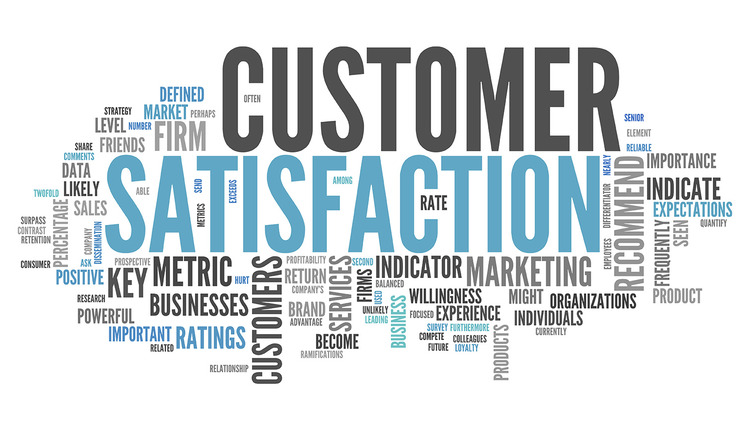The recently released 2016 Walker Sands Future of Retail Study highlights four retail industry trends driven by the continuing expansion of e-commerce. As consumers increasingly go online to purchase products in an ever-widening range of categories, retailers will have to cater to their changing needs and interests to keep attracting and retaining them. In particular, stores should focus on offering customers greater speed, ease, and convenience.
The four trends identified by Walker Sands include:
· Heightened emphasis on supply-chain efficiencies;
· More integration of in-store and online experiences;
· More online luxury purchases; and
· Concerns about mobile payment options.
While all four points are critical to retail success, let’s focus on the growing importance of the fulfillment process. When Walker Sands asked participants what would make them more likely to shop online:
· 88% of respondents chose free shipping;
· 69% chose one-day shipping;
· 68% chose free returns/exchanges;
· 58% chose easier online returns;
· 49% chose same-day shipping; and
· 44% chose easier in-store returns.
Each of those percentages represented a new high in the study’s three-year history, an indication that customer-friendly delivery and return options are becoming increasingly influential in e-commerce purchase decisions. The fact that free shipping remains the most popular choice among online shoppers also offers a clear path to success for retailers savvy enough to capitalize on consumers’ stated — and proven — desires.
The prototype for such retailers is Amazon; its Prime program now has an estimated 54 million U.S. members. The overwhelming majority of those members joined to receive free 2-day shipping, which is why Amazon keeps pouring money and resources into its supply-chain infrastructure. It’s established over 100 fulfillment and sortation centers across North America; leased a fleet of cargo planes; bought thousands of truck trailers and delivery vans; and built a small army of drivers; all while continuing to develop its drone capabilities.
Amazon’s focus on satisfying shoppers’ shipping expectations has forced competitors to follow suit. After almost a year of testing ShippingPass, for example, Walmart recently launched the subscription shopping program across the country. The program originally offered shoppers free 3-day shipping on millions of items purchased at Walmart.com, but Walmart reduced the delivery time to two days, presumably to match Prime; similarly, it priced annual ShippingPass memberships at $49, half of Prime’s $99 fee. Walmart has also begun using drones for its inventory checks, streamlining a critical step in the supply chain.
Of course, national retailers enjoy considerable advantages over their regional and local counterparts: They have more resources to invest in supply-chain efficiencies — and they can more easily absorb the costs of delivering online orders. Smaller stores therefore need to find affordable ways to satisfy their customers’ free shipping and other fulfillment desires if they want to retain them.
One option is to offer customers free shipping and other perks on orders above a specific threshold. This approach has been shown to drive up average order values. Indeed, one study found that shoppers are four to five times more likely to spend $5 to buy an item with free shipping than to spend $2.50 on the item and another $2.50 for shipping. It’s important to test different thresholds to determine the most profitable level.
Another option is to participate in pre-paid shipping programs, like Amazon Prime or FreeShipping.com. These programs offer retailers ongoing access to a large audience of qualified shoppers. Because these consumers voluntarily pay a fee to join the program, they’re also highly motivated to shop, and knowing they’ll receive free shipping gives them the confidence to place more (and bigger) orders.
A third option for retailers is to create a subscription program of their own. This will allow them to reward their best customers — and build their loyalty — with free shipping and other special deals. It will also offer them more in-depth analyses of their best customers’ behaviors, which will help them develop more effective messages, offers, and strategies to expand their core audiences.
The Walker Sands study clearly show that today’s consumers are driven to shop online primarily by promises of quick and — more importantly — free shipping. Finding a way to cater to these requests will help retailers survive and thrive in the evolving e-commerce landscape.
Tom Caporaso is the CEO of Clarus Commerce, a recognized leader in e-commerce and subscription commerce solutions. Among its various properties, Clarus Commerce powers FreeShipping.com, the pioneer of the pre-paid shipping and cashback movement. ClarusCommerce also customizes and manages programs, such as Return Saver, which it co-developed with FedEx, and 2-Day Shipping by MasterCard, for clients across a wide range of industries.















